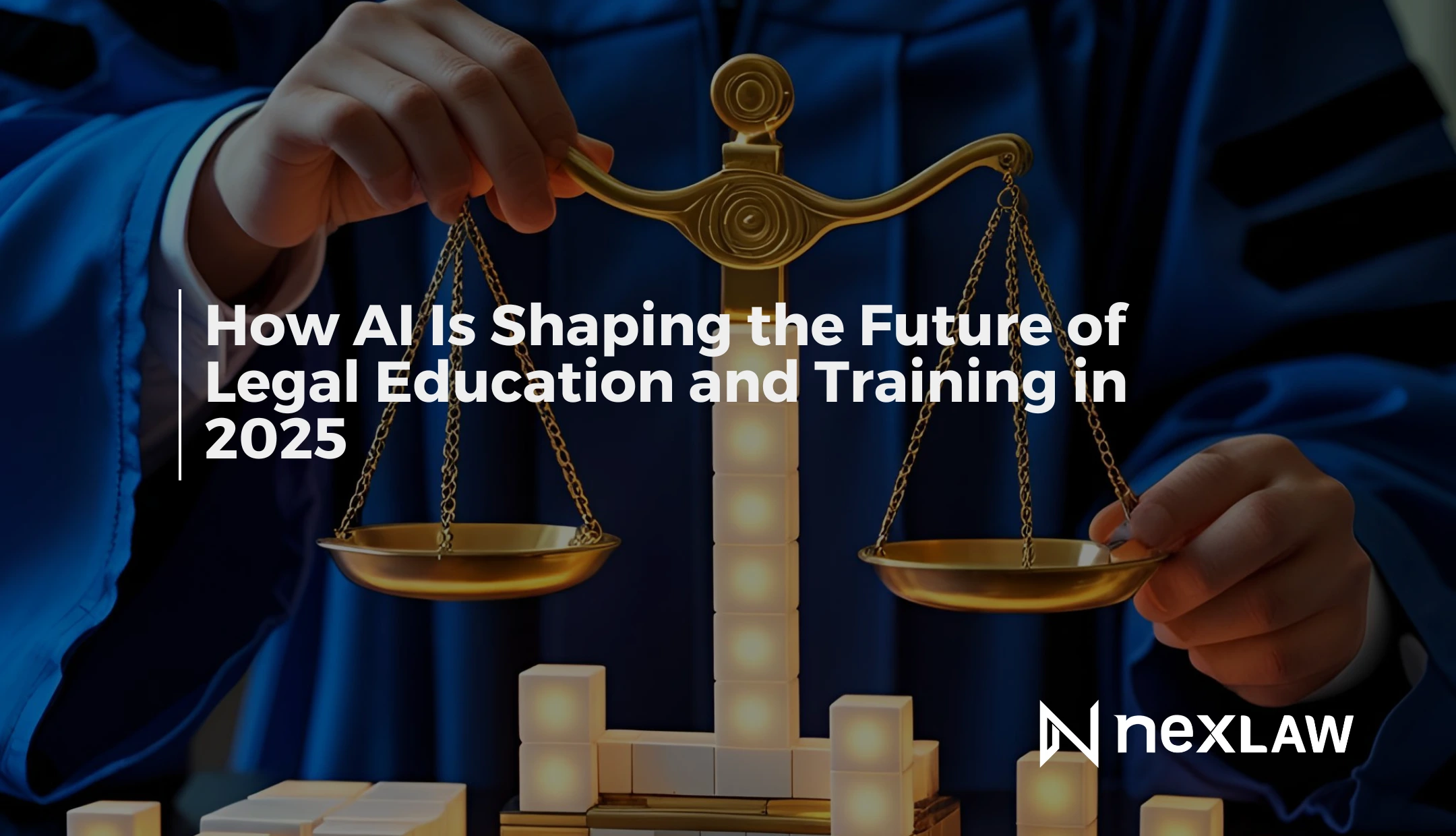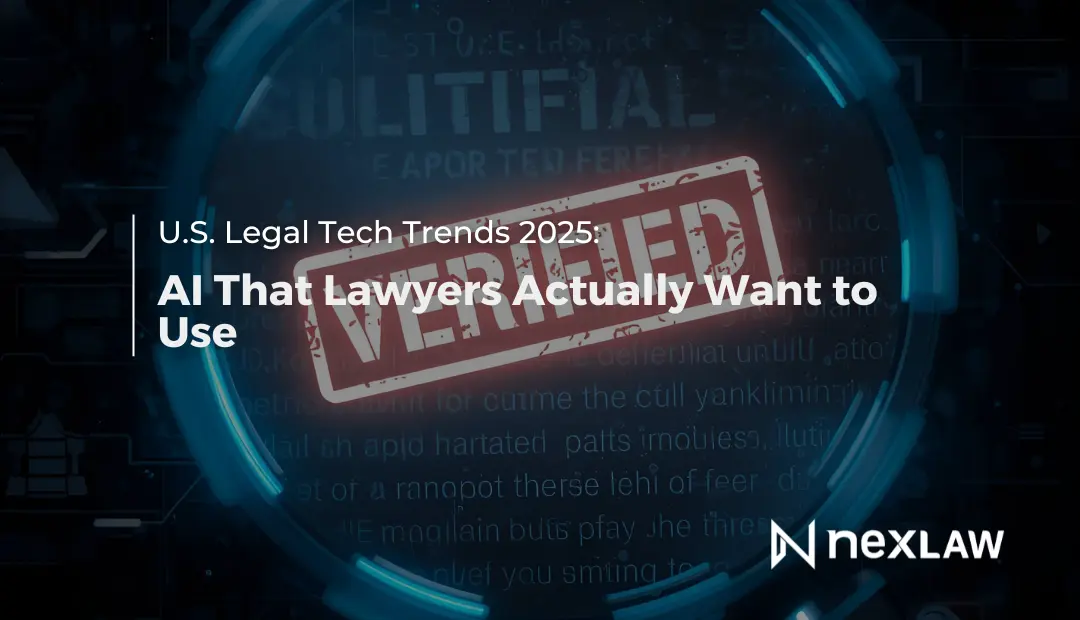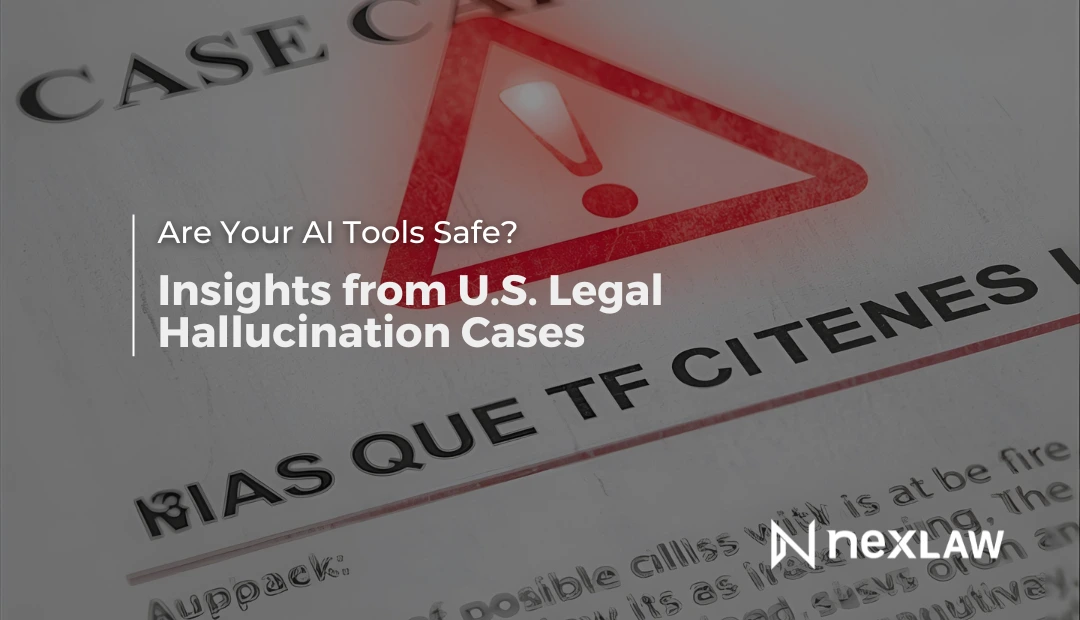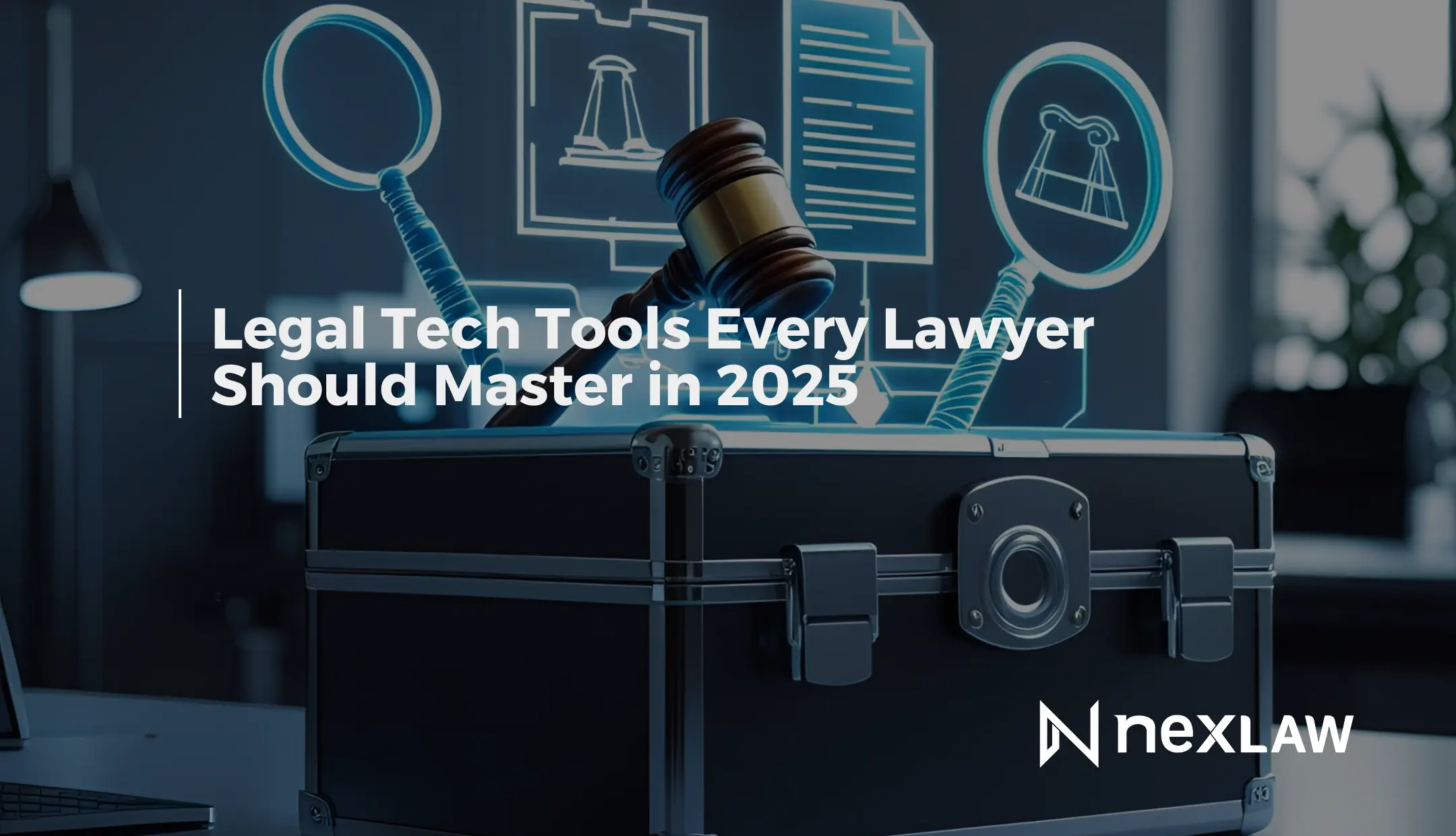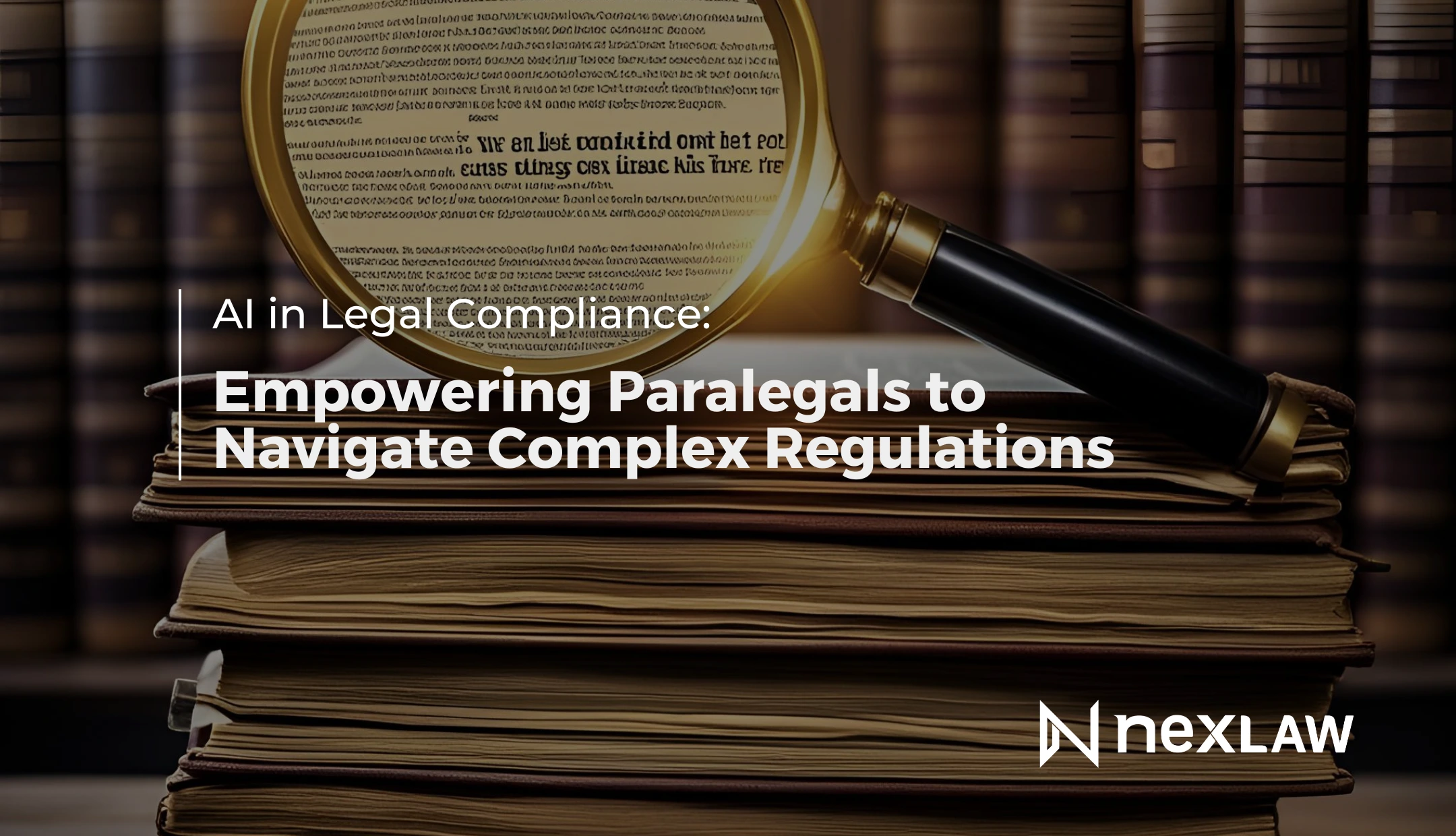How AI Is Shaping the Future of Legal Education and Training in 2026
A Shift Fueled by Urgency and Innovation
As legal professionals confront a rapidly evolving digital world, the demand for AI literacy in legal education has never been higher. According to the 2026 Legal Technology Report by Bloomberg Law, more than 67% of law schools in the U.S. have integrated some form of AI-based learning tool or simulation into their curriculum. This adoption signals not just a trend but a strategic shift toward future-proofing legal professionals.
Unlock Legal Insights Instantly!
Why Traditional Legal Education Falls Short
Textbook learning and moot court exercises no longer suffice for preparing students for modern legal practice. Law firms now require tech-competent graduates familiar with AI for legal research, automated compliance, and document analysis. The American Bar Association’s 2024 Tech Survey indicated that 71% of mid-sized firms use AI for case research and trial preparation, yet only 35% of new hires feel confident using those tools.
This mismatch creates a critical need for modernizing legal training with hands-on AI experience. Academic institutions can no longer ignore this widening gap between what’s taught and what’s practiced.
Real Examples of AI in Legal Education
-
Simulation-Based Learning at Georgetown Law
Georgetown University Law Center recently partnered with a legal tech startup to offer an AI litigation simulation program. Students uploaded sample case files and used AI to flag key legal issues, build arguments, and simulate courtroom scenarios. The initiative saw a 43% improvement in legal reasoning performance over traditional mock trial approaches.
These simulations offer more than just skill development—they instill confidence, helping students navigate ambiguity in real-world cases. Instructors have noted that students using AI simulations showed improved judgment and faster decision-making.
-
Stanford’s Personalized AI Tutoring Modules
Stanford Law School’s 2026 pilot of AI-driven personalized tutoring demonstrated how algorithms could adapt study materials based on students’ weaknesses. These platforms offered micro-feedback on assignments, suggesting sources or corrections in real time. The result: better exam performance and higher retention of core concepts.
This kind of adaptive learning enables students to get targeted support—similar to having a private tutor—but with far more scalability. AI doesn’t replace faculty; it enhances teaching capacity and reduces bottlenecks.
-
CLE with Real-Time AI Recommendations
In New York and California, bar associations are partnering with AI providers to develop CLE programs that adapt to attorneys’ jurisdictions, areas of practice, and knowledge gaps. These systems automatically recommend readings, case law updates, and simulation exercises—dramatically enhancing engagement and relevance.
Attorneys benefit from learning paths that adjust in real time, making continuing education feel less like a regulatory checkbox and more like a strategic career investment.
Practical Advantages of AI in Training
- Higher retention: AI-powered training includes repetition and adaptive testing that reinforces memory.
- Contextual learning: Simulated casework allows learners to apply knowledge rather than memorize it.
- Performance tracking: Students and educators get real-time data on learning progress and course effectiveness.
- Jurisdiction-specific learning: AI tools can tailor content to meet state-specific legal requirements.
- Confidence building: AI encourages experimentation in low-risk environments, making students more prepared.
Growing Industry Expectations
The demand for tech-literate professionals is echoed across the legal industry. A 2026 survey by ALM Intelligence shows that 64% of hiring managers at large firms now prioritize AI tool proficiency during recruitment. This includes familiarity with legal databases, drafting automation, and litigation management platforms.
Legal education must evolve in tandem. From paralegal certification programs to elite JD tracks, institutions need to align training outcomes with modern firm expectations. AI is no longer optional—it’s foundational.
Law Schools Leading the Way
Schools like NYU Law, UCLA, and Chicago-Kent have recently launched AI certificate programs that include hands-on labs with tools like ChronoVault 2.0. These offerings are often co-developed with practicing attorneys and technologists to ensure real-world relevance.
Some programs even use anonymized client data to train students on real legal problems—with permission and privacy safeguards in place. These immersive experiences better prepare students for the kind of legal work they’ll face in litigation, corporate, and public interest roles.
What’s Next for Legal Training?
AI will likely continue to influence legal education in the following ways:
- Expansion of AI ethics training as bar associations catch up with new risks
- Micro-credentialing and AI certifications tied to specific tools and workflows
- Increased online and hybrid learning models where AI supports faculty and student collaboration
- Partnerships between legal tech firms and universities to launch innovation hubs
As this ecosystem matures, legal professionals who understand AI won’t just survive—they’ll lead. The path to that leadership begins with education that mirrors the future, not the past.
Shaping the Next Generation of Legal Talent
AI is redefining what it means to be a well-trained legal professional. With platforms like ChronoVault 2.0, both students and practitioners can bridge the gap between legal theory and real-world practice—all within a single ecosystem. From deep case analysis to research, argument building, and trial preparation, the next generation of legal talent will be empowered to work smarter, faster, and with greater strategic clarity.
Ready to see how AI can elevate your legal training or practice?
Start your free NexLaw trial or book a personalized demo to explore how ChronoVault 2.0 supports modern legal education and professional growth.
Use promo code: ANNIV15MONTHLY or ANNIV15ANNUALY for 15% off annual plans Offer valid through August 31, 2026. Terms apply.
